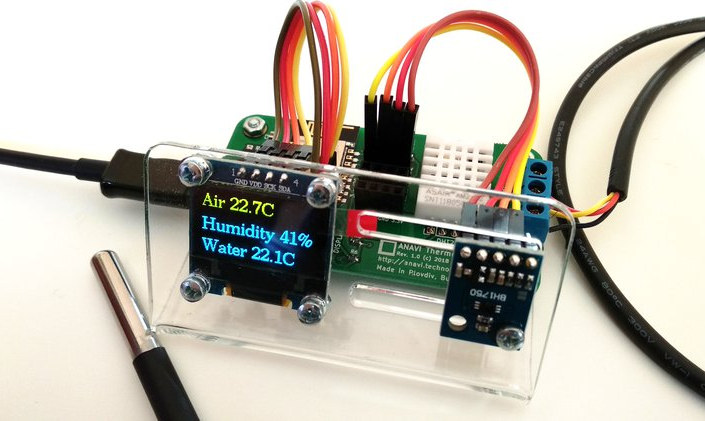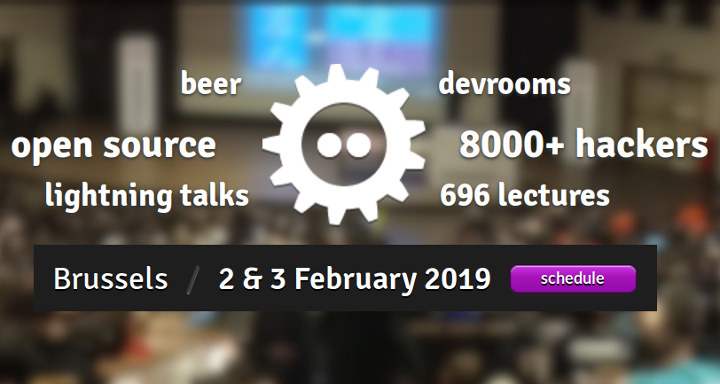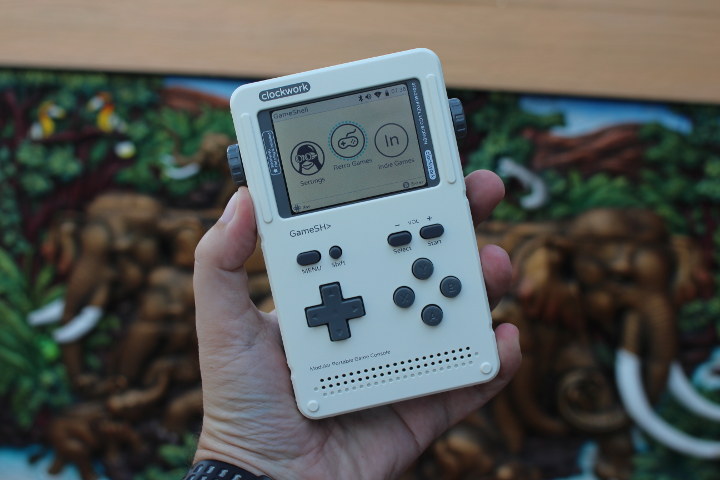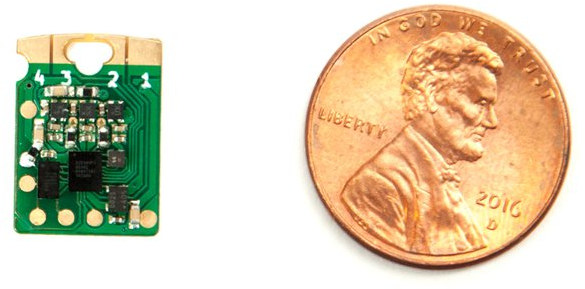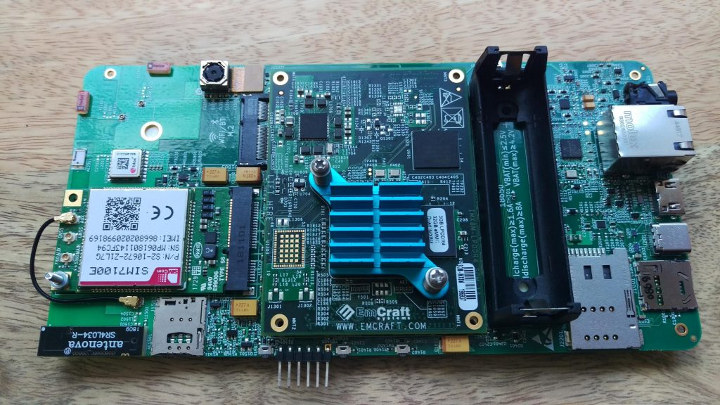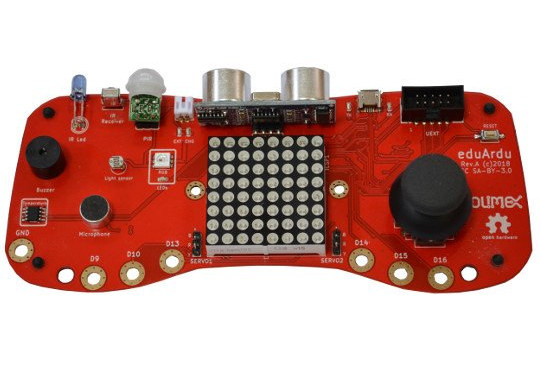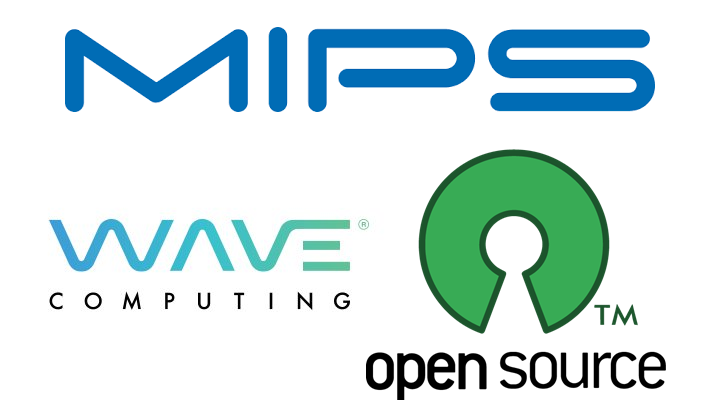ANAVI Technology launched several open source hardware boards for the Raspberry Pi and ESP8266 maker communities in the past, starting with RabbitMax Flex home automation HAT for Raspberry Pi, and several others including ANAVI Light Controller ESP8266 board to control LED strips. All boards are designed with KiCad opensource EDA software, and I’ve tested several already such as ANAVI Infrared pHAT or ANAVI Light Controller, and found documentation to be very good and easy to follow. The company has now launched another ESP8266 board with ANAVI Thermometer that allows you to monitor temperature and humidity, effectively acting as a thermostat for home automation. ANAVI Thermometer specifications: SoC – Espressif Systems ESP8266 Tensilica L106 32-bit processor Connectivity – WiFi 802.11 b/g/n Display – Mini OLED display Build-in sensor – AM2302 (DHT22) temperature and humidity sensor Expansion Terminal block for DS18B20 waterproof temperature sensor UART pins 3x slots for I2C sensors Misc – […]
Necunos NC_1 is a Pricey Open Source Linux “Phone” without Modem
Several weeks ago, I wrote about the upcoming “Necuno Mobile” phone made by a company called Necunos and running Linux on NXP i.MX6 Quad processor. The phone was supposed to be 100% open source hardware which all software and hardware resources to be made available publicly. There has been progress since then, as well as a name change since Necunos NC_1 is now up for pre-order for 1,199 Euros including VAT and international shipping with delivery promised in March 2019. Necunos NC_1 specifications are said to include: SoC – NXP i.MX 6Quad quad-core Arm Cortex-A9 processor with Vivante GPU System Memory – 1GB RAM Storage – 8 GB storage Display – 5″ touchscreen (attached or detached) Audio – 3.5mm audio jack, built-in microphone, and speaker Connectivity – 2.4 GHz 802.11 b/g/n WiFi Misc – Power, volume, and user programmable buttons USB – 1x micro USB port Battery – 3,500 mAh […]
FOSDEM 2019 Open Source Developers Meeting Schedule
FOSDEM – which stands for Free and Open Source Software Developers’ European Meeting – is a free-to-participate event where developers meet on the first week-end of February to discuss open source software & hardware projects. FOSDEM 2019 will take place on February 2 & 3, and the schedule has already been published with 671 speakers scheduled to speak in 711 events themselves sorted in 62 tracks. Like every year, I’ll create a virtual schedule based on some of the sessions most relevant to this blog in tracks such as open hardware, open media, RISC-V, and hardware enablement tracks. February 2 10:30 – 10:55 – VkRunner: a Vulkan shader test tool by Neil Roberts A presentation of VkRunner which is a tool to help test the compiler in your Vulkan driver using simple high-level scripts. Perhaps the largest part of developing a modern graphics driver revolves around getting the compiler to […]
ClockworkPi GameShell Review – Part 1: Unboxing & Assembly Guide
ClockworkPi Gameshell is a portable retro gaming console kit designed to be hackable being powered by Allwinner R16 processor to run Linux, as well as an Arduino compatible Atmel AVR MCU. It’s partially open source hardware with PDF schematics, and firmware source code available on Github. The device launched last year on Kickstarter, raised close to $300,000, and started shipping to backers last summer. The company has now sent me a sample for review, so let’s have a look. The first part of the review will be more than just an unboxing, since the game console is meant to be assembled by the end user, and I’ll report my experience doing so. ClockworkPi Gameshell Unboxing The kit comes in a fairly large package that reads “GameShell – Redefine Portable Game Console” and lists the main specifications with quad core Cortex A7 processor, WiFi and Bluetooth connectivity, 1GB RAM, 16GB micro […]
Fomu FPGA board fits inside a USB port, Supports Python, RISC-V Softcore
Sutajio Ko-usagi launched Tomu, a tiny open source hardware USB board that fits inside a USB port at the very beginning of this year. The company is back with a similarly shaped board, but instead of featuring a Silicon Labs EFM32 Arm Cortex-M0+ microcontroller, Fomu is equipped with a Lattice ICE40 UltraPlus FPGA. Fomu specifications: FPGA – Lattice ICE40UP5K FPGA with 5280 logic cells System Memory – 128 kB RAM for a soft CPU Storage – 1 or 2 MB SPI flash Clock – 48 MHz crystal oscillator USB – 1x USB 2.0 FS (12 Mbps) port Misc – 4x buttons, 1x RGB LED The default Fomu firmware exposes a USB bootloader running a RISC-V softcore, and the platform is powerful enough to run a port of Python. It’s also possible to experiment with LM32 and OpenRISC softcores on the platform. Using the board is pretty straightforward as just you […]
Purism Librem 5 Linux phone development kits are now shipping
Purism Librem 5 is a privacy-focused open source Linux smartphone powered by NXP i.MX 8M processor that was launched via a crowdfunding campaign in August 2017 that ends up being extremely popular with over 1.5 million dollars raised. At the time, the phone was scheduled to ship on January 2019, but a $299 development kit with board, display and accessories was slated to ship in June 2018. There have been some delays, but the good news is that Librem 5 development kits are now shipping so third party software development for the phone will now really get started. Librem 5 development kit preliminary specifications: System-on-Module – Emcraft SOM-IMX8M module with NXP i.MX 8M Quad core Cortex A53 processor, at least 2GB LPDDR4 RAM and 16GB eMMC flash (I could not find exact RAM and storage capacities for the module used in the board) Display – 5.7″ LCD touchscreen with a […]
eduArdu is an Open Source Hardware Arduino Learning Board
Olimex has recently launched eduArdu, an open source hardware Arduino compatible board specifically designed for education with plenty of buttons, LEDs, and sensors, as well as tutorials and samples source code to help young and older aspiring makers get started with Arduino programming. eduArdu hardware specifications: MCU – Microchip ATMega32U4 AVR microcontroller (as used in Arduino Leonardo) Display – 8×8 LED matrix display Audio – Built-in microphone, buzzer User Inputs – Joystick with push button, 6 Maykey-Makey type buttons Sensors – Utrasound distance sensor, light sensor, PIR sensor, temperature sensor (-45 to +125C) Expansion Two servo motor connectors UEXT connector Debugging / Programming – 1x micro USB port Misc – RGB LED, IR transmitter, IR receiver, status LED, reset button Power Supply LiPo charger and battery connector 5V via USB port Dimensions – 170 x 75 mm Programming can be done with the Arduino IDE, or Snap4Arduino visual programming IDE. […]
Wave Computing to Open Source MIPS Architecture
There has been a lot of talks about RISC-V open source, royalty-free instructions set architecture this year, including the launch of RISC-V MCUs and Linux capable RISC-V processors, and corresponding development boards such as Hifive Unleashed. This even lead Arm to create a – now shutdown – microsite telling why people should stick with Arm instead of RISC-V. While RISC-V was clearly on the rise this year, MIPS architecture once a dominant players in routers and set-top box has been on the decline, even prompting Blu to write a guest review entitled “Baikal T1 MIPS Processor – The Last of the Mohicans?” hinting at the near extincsion of MIPS based solutions. But there may be hope, or at least a last ditch effort, with Wave Computing purchasing MIPS from Imagination Technology earlier this year, and now announcing the MIPS Open Initiative to effectively open source 32-bit and 64-bit MIPS ISA […]


